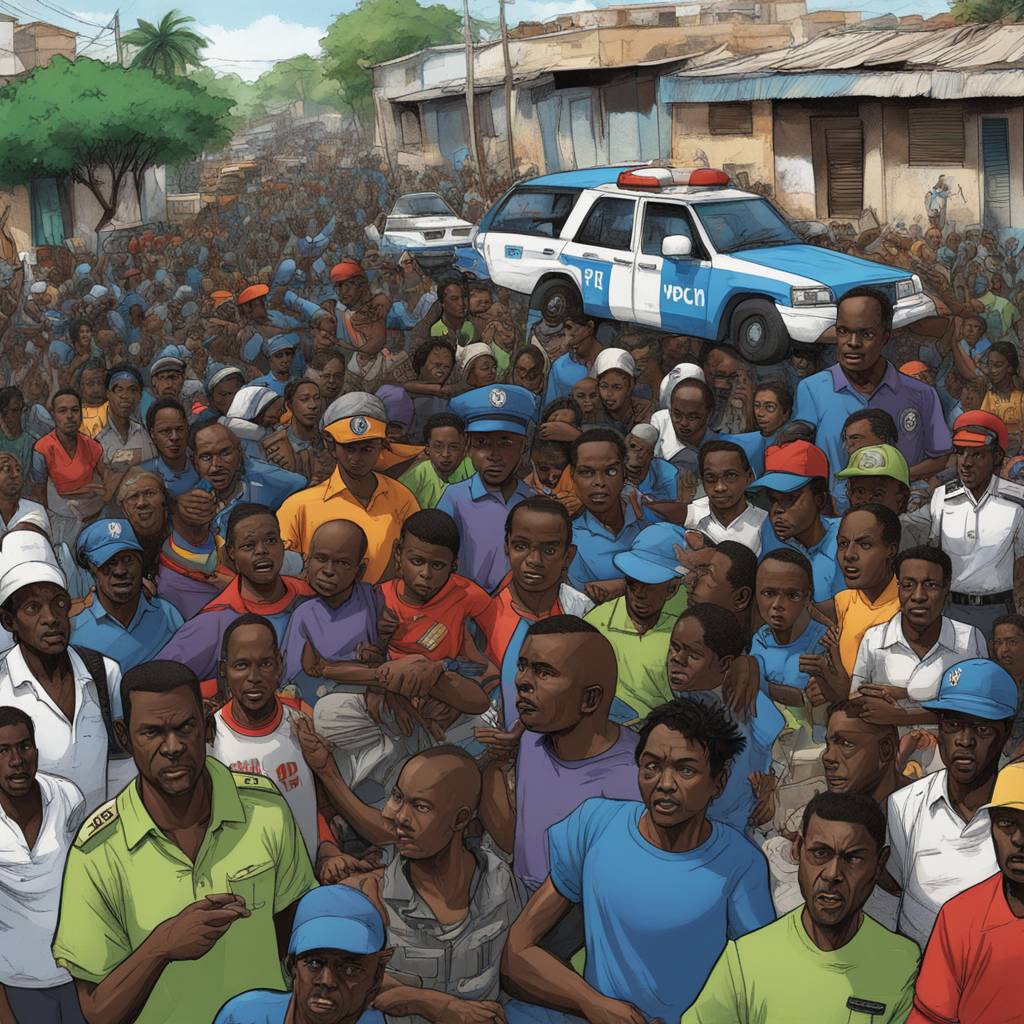Haiti is facing a dire situation of gang violence, with more than 1,500 people killed in the first three months of this year, including children. This violence has been exacerbated by political instability following the assassination of President Jovenel Moise in 2021, leading to a power vacuum that has allowed armed gangs to flourish. The situation escalated in February when rival gangs launched attacks to remove unelected Prime Minister Ariel Henry. The violence has targeted critical institutions and has been accompanied by a deepening humanitarian crisis of hunger and displacement.
The Office of the High Commissioner for Human Rights (OHCHR) has called for immediate and bold action to address the catastrophic situation in Haiti. The number of victims of gang violence surged last year, with over 4,000 people killed and many more wounded. Gangs have also been recruiting and abusing children, with some being killed for trying to escape. The report highlighted the use of sexual violence to control and punish people, with women being raped during gang attacks, often after witnessing the killing of their husbands. These practices are egregious and must be stopped immediately.
The UN High Commissioner for Human Rights has emphasized the need for a rapid deployment of an international security force to address the escalating violence in Haiti. Corruption, impunity, and poor governance have contributed to the country’s collapse, further necessitating external assistance. The UN Security Council approved the deployment of an international mission following a request from the Haitian government, with Kenya offering to lead the effort. However, the force has not yet been deployed, despite the urgent need for intervention to support the overwhelmed national police in regaining control of security.
The deployment of a multinational security support mission is crucial to helping Haiti address the escalating violence and human rights abuses. The delay in deploying the international force could result in further deterioration of the security situation, potentially leaving the national police force unable to handle the crisis. While various countries have pledged personnel for the mission, internal disagreements over the formation of a transitional council in Haiti have caused delays. This council is intended to bring together different political groups to establish a new ruling body following Henry’s resignation announcement.
The situation in Haiti remains critical, with ongoing gang violence causing widespread casualties and human rights abuses. The international community, led by the UN, has underscored the urgent need for immediate action to address the escalating crisis. The deployment of up to 5,000 international police is deemed necessary to support the overwhelmed national police force and combat the rampant gang violence in the country. Without swift intervention, Haiti risks further destabilization and collapse, necessitating a coordinated and decisive response from the international community to restore security and stability in the country.













